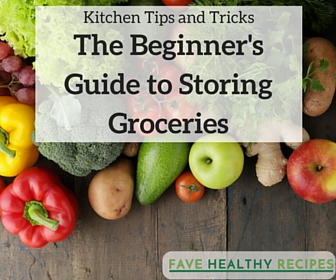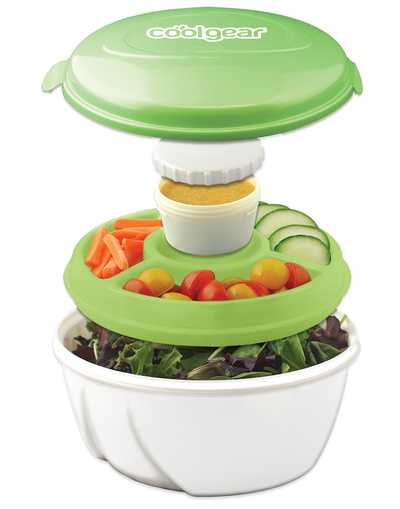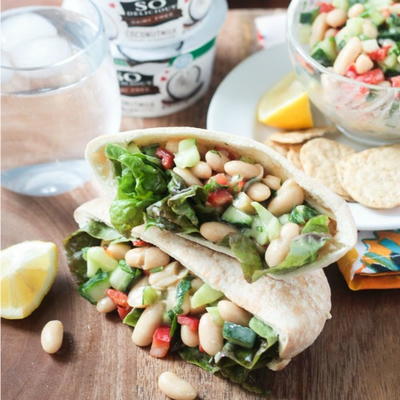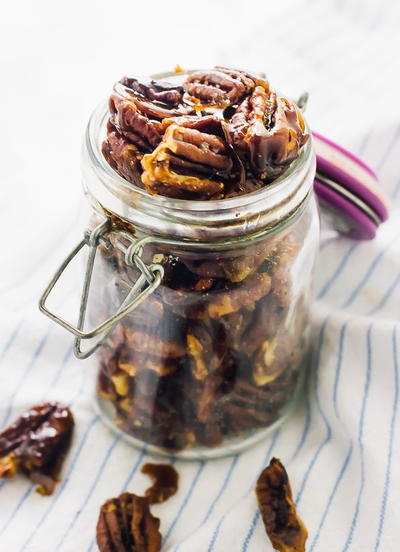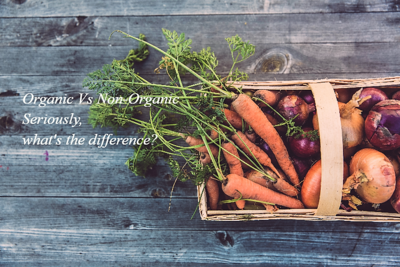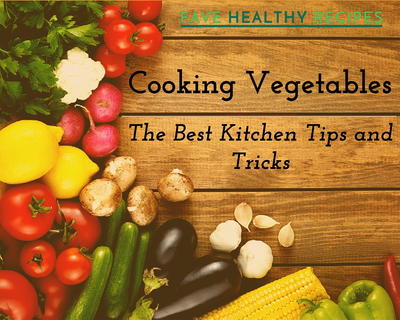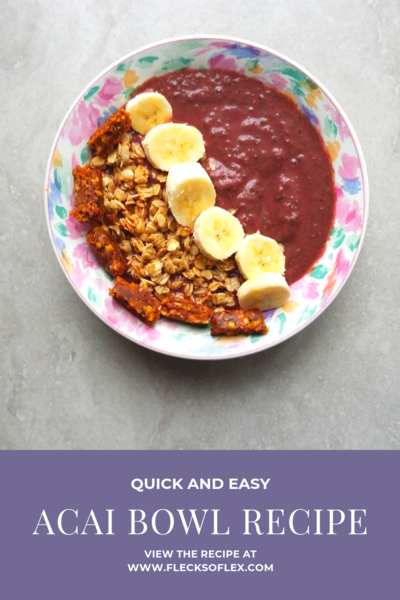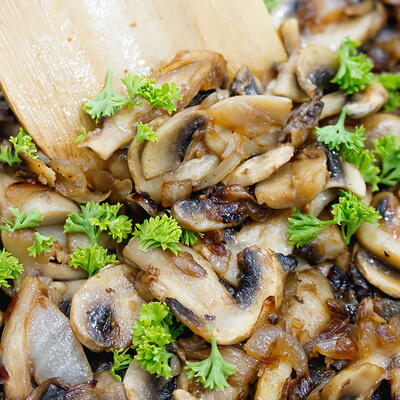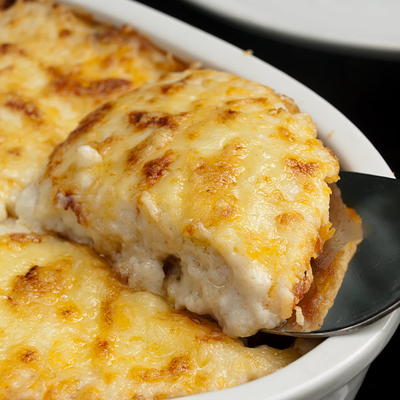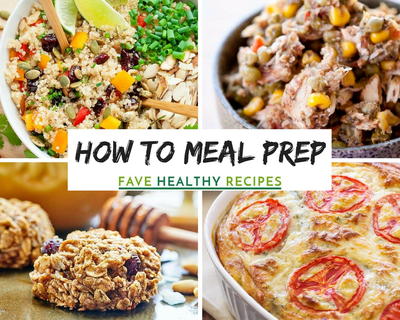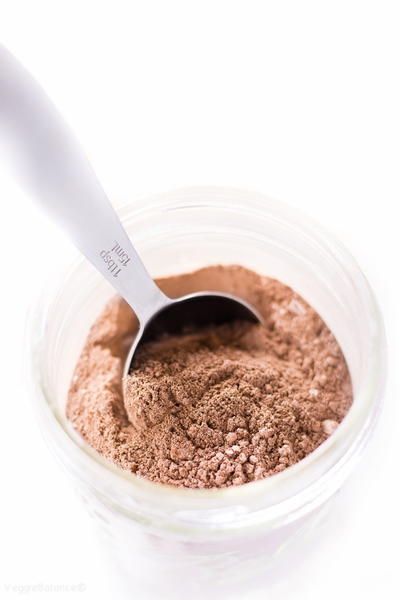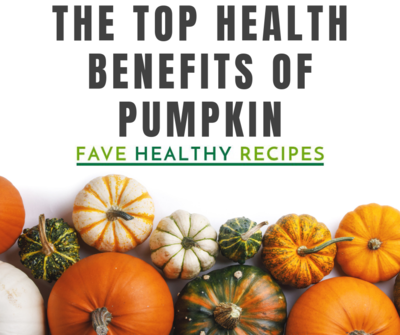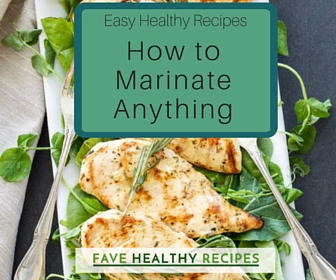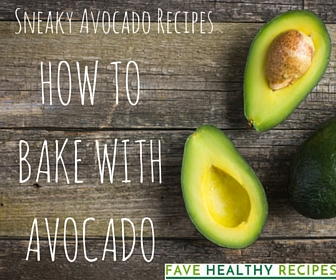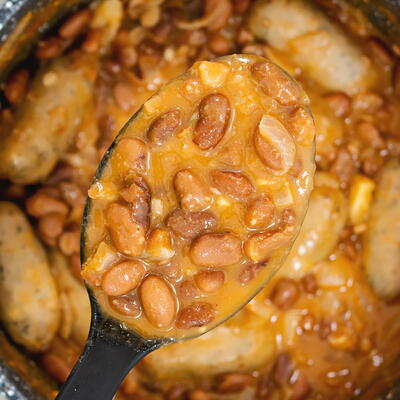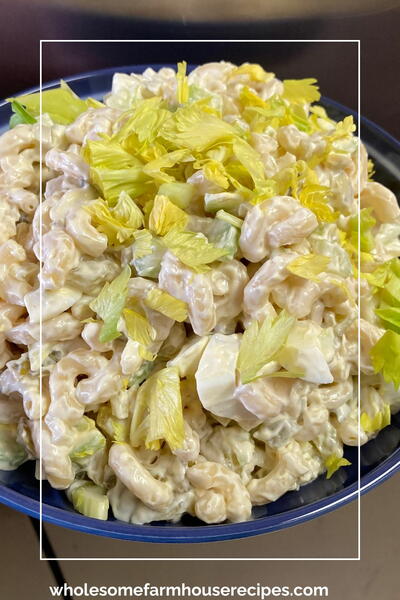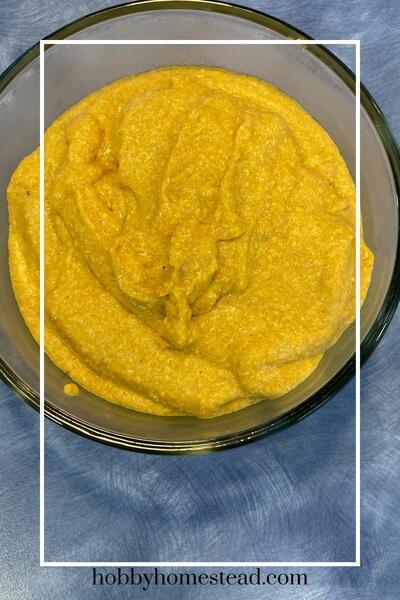The Clean Fifteen and Dirty Dozen: When To Buy Organic
Use this guide to help determine when you should buy organic produce.
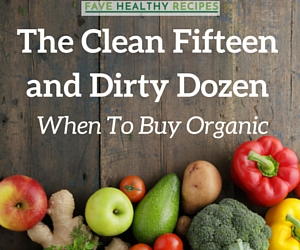
Once organic food increased in popularity, so did the debate of organic vs. non-organic. This guide, The Clean Fifteen and Dirty Dozen: When To Buy Organic, will help you on your next grocery trip when deciding which fruits and vegetables will be safe to buy conventionally (Clean Fifteen) or which ones need to be purchased organic (Dirty Dozen).
But what really makes organic better than non-organic? While the vitamins and nutrients that you're getting from the vegetables are the same whether it's organic or non-organic, you won't be consuming near as many pesticides with organic food. A single sample of a bell pepper contained at least 15 different pesticides. Almost all apples, nectarines, and peaches tested positive for one pesticide residue or more. People that are more susceptible to the effects of these pesticides include pregnant and breastfeeding women and young children.
Once you buy your organic produce, you're going to need to know how to store it properly! Check out this guide for the best way to store all of your groceries: Kitchen Tips and Tricks: The Beginner's Guide To Storing Groceries
The Clean Fifteen and Dirty Dozen
Clean Fifteen
These fruits and vegetables are generally okay to buy conventionally; however if you want to be safe, you could still purchase them as organic!
1. Avocados
2. Sweet Corn
3. Pineapples
4. Cabbage
5. Frozen Sweet Peas
6. Onions
7. Asparagus
8. Mangoes
9. Papayas
10. Kiwis
11. Eggplant
12. Grapefruit
13. Cantaloupe
14. Cauliflower
15. Sweet Potatoes
Dirty Dozen
These twelve have been tested to have the highest pesticide residue, so buy these fruits and vegetables organic whenever possible.
1. Apples
2. Grapes
3. Strawberries
4. Spinach
5. Peaches
6. Imported Snap peas
7. Sweet Bell Peppers
8. Cucumber
9. Celery
10. Imported Nectarines
11. Potatoes
12. Cherry Tomatoes
Also, leafy greens such as kale and collard greens (and hot peppers) didn't make the cut, but they were often found to be contaminated with insecticides. Green beans are also finding their way onto some highly-sprayed lists, so they may also need to be purchased as organic.
Useful Tips
One thing to keep in mind is that these lists are based on information that spans many different areas and farmers, so there could be some of these fruits and vegetables that swap lists.
There are also a few ways to combat the price of buying organic produce because it can get pricey.You could shop locally at a farmer's market or farmstand where you have the opportunity to talk to the farmer about the type of treatment that the vegetables go through. You could also plant your own garden and grow some of it yourself--then you can really enjoy the fruits of your labor (pun intended)!
Read NextThe Top 8 Health Benefits of Pumpkin
Toby K Editor
Sep 08, 2016
This is super helpful! I'm always worried about this kind of stuff when I'm grocery shopping. Now I know what things to look for :) Thanks
Report Inappropriate Comment
Are you sure you would like to report this comment? It will be flagged for our moderators to take action.
Thank you for taking the time to improve the content on our site.

